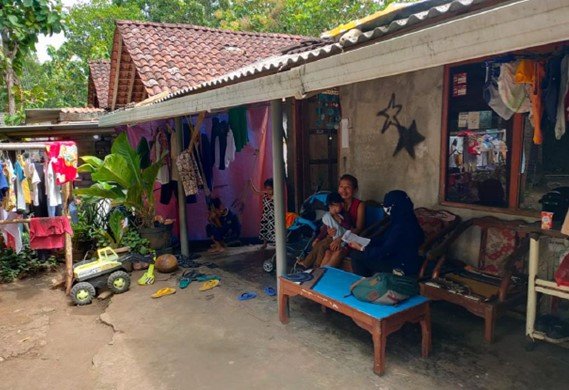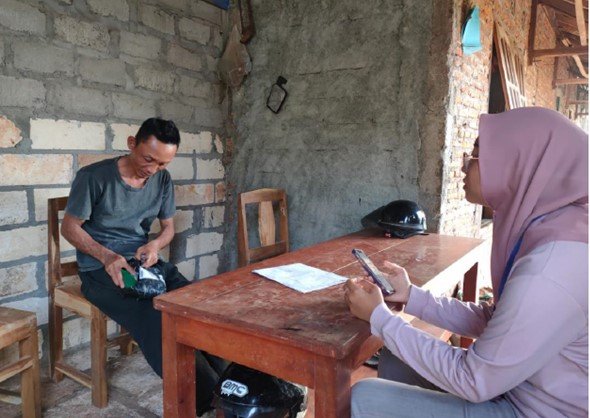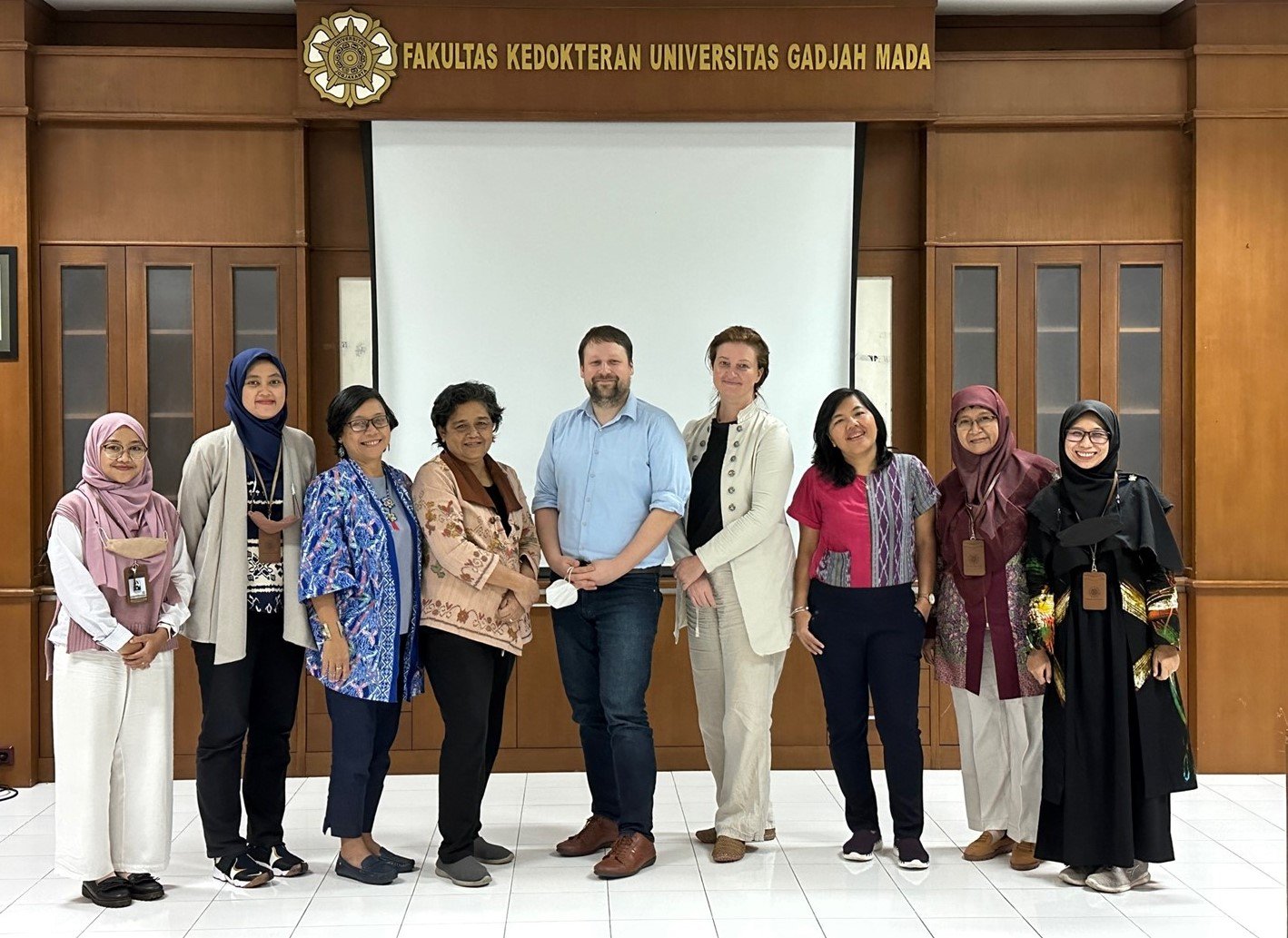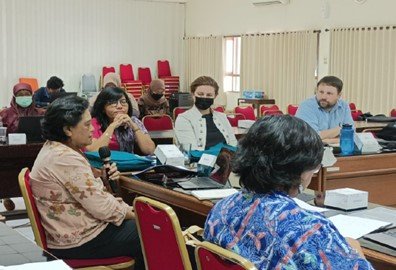|
COVID-19 (2022 Deadline)
Improving public acceptance of the COVID-19 vaccine in Yogyakarta, Indonesia: an application of community ethic gotong royong and the protector schema
PI: Retna Padmawati (rspadmawati@ugm.ac.id), Center for Health Promotion and Behavior Faculty Medicine, Public Health and Nursing Universitas Gadjah Mada
U.S. Partner: Abram Wagner, University of Michigan
Project Dates: September 2022 - March 2024
Project Overview:
This PEER project delved into two key aspects of health communication: gotong royong and the protector schema. Gotong royong, rooted in Javanese culture, embodies a sense of communal belonging and contribution. In health communication, a protector schema serves as a strategy to promote healthy behaviors, such as vaccination, by appealing to individuals to safeguard specific people. Achieving high vaccination coverage is paramount to controlling the spread of vaccine-preventable diseases, and understanding community perceptions is instrumental in improving vaccination rates. The research team believes that reducing negative perceptions toward vaccines hinges on fostering trust in the healthcare system, and that can be achieved through gotong royong.
The researchers sought to conduct a needs assessment and identify barriers and enablers of COVID-19 vaccine acceptance, examine within-household differences in vaccination acceptance of COVID-19, develop the systems-level and communication strategy targeted towards high-risk population groups, and evaluate effective delivery service systems and media communication in the community.
The overall goal of the project was to accelerate public acceptance of the COVID-19 vaccine through community engagement in Yogyakarta. The project team members developed policy recommendations that take local cultural values into consideration and include differentiated messages across population groups
Final Summary of Project Activities
The PEER team members began by conducting a literature review on strategic communications for vaccine uptake in low and middle-income countries, emphasizing the need for culturally sensitive approaches, as well as a qualitative study with key stakeholders in the community. These included community and religious leaders, health sector representatives, NGOs, and community police officers. Through a combination of qualitative and quantitative surveys, the aimed to gather insights from both urban and rural areas, ensuring a holistic understanding of the local context. A total of 804 individuals participated in these surveys on perceptions, attitudes, and information needs related to COVID-19 vaccination.
In addition to the surveys, the team conducted in-depth interviews on vaccine acceptance with 30 people, strategically categorized as concordant positive (the family has similar perspectives on accepting COVID-19 vaccine), concordant negative (the family has different perspective on accepting the vaccine), and discordant (the family has similar perspectives on refusing the vaccine). These interviews explored the factors underlying individuals' attitudes towards vaccination, providing a better understanding of the challenges and opportunities in promoting vaccine acceptance in the community.
Based on their findings, the research team recommended specific media types for effective communication, including short videos (3-5 minutes), animations, and face-to-face education sessions led by health workers. Furthermore, the community engagement strategy emphasized the importance of role modeling by health workers, neighbors, and sub-village leaders, particularly targeting people with lower levels of education through WhatsApp groups.
The PEER team used this strategy to draft and assess a communication strategy consisting of customized media content to increase COVID-19 vaccine acceptance and spread accurate information in the community. Educational materials, including pocket-sized books and videos, were disseminated to vulnerable groups in Gunungkidul after the pre-test phase and in Bantul following the post-test phase. In Gunungkidul, collaborations with community leaders, cadres, and neighborhood associations were leveraged to disseminate messages through various channels, including community meetings and WhatsApp groups. The researchers then conducted post-tests in both Gunungkidul and Bantul to assess knowledge, attitudes, and intentions regarding COVID-19 vaccination. They also held a focus group in Karangrejek Village to shed light on factors contributing to COVID-19 vaccine fatigue. Insights from participants highlighted the challenges of information overload and the influence of differing economic statuses on vaccine attitudes. By the time the project ended, they had submitted two journal articles for publications.
 |  | | PEER team collecting data. Photo credit Dr. Padmawati | PEER team surveying local community members. Photo credit Dr. Padmawati |
 |  | | Aaron Burr (USAID), Ester Manurung (USAID/Jakarta), and Lina Stankute Alexander (NAS) visit PEER project teams at Universitas Gadjah Mada, Yogyakarta, Indonesia, February 2023 | Dr. Padmawati (left) talks about the progress and challenges encountered in the course of the project |
|
|
|
|







